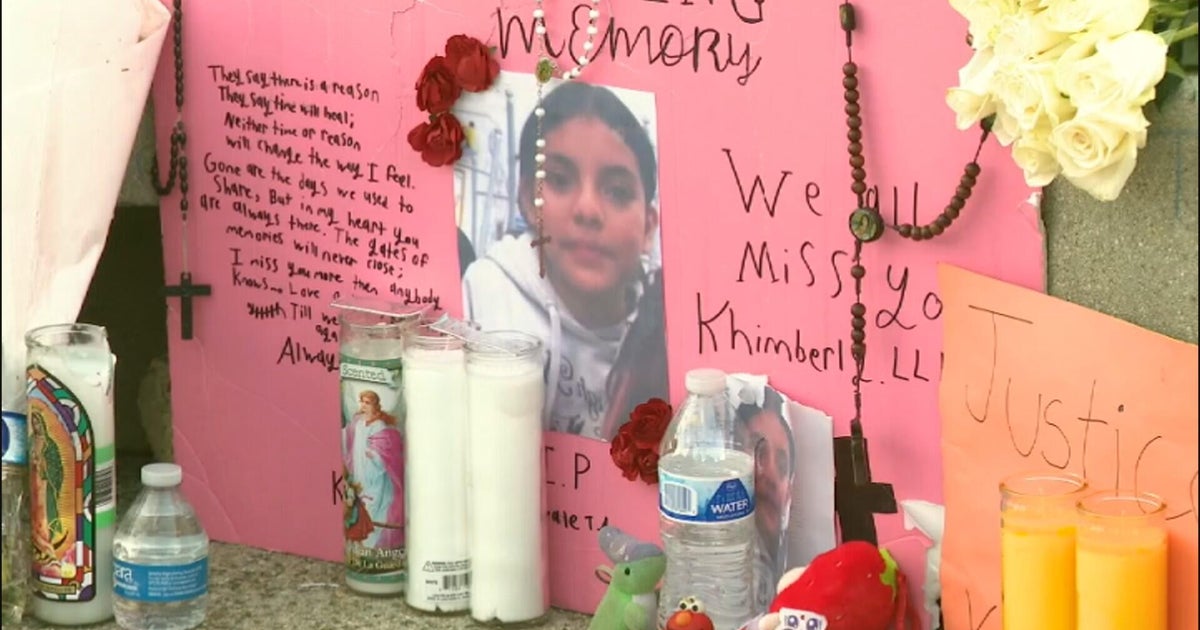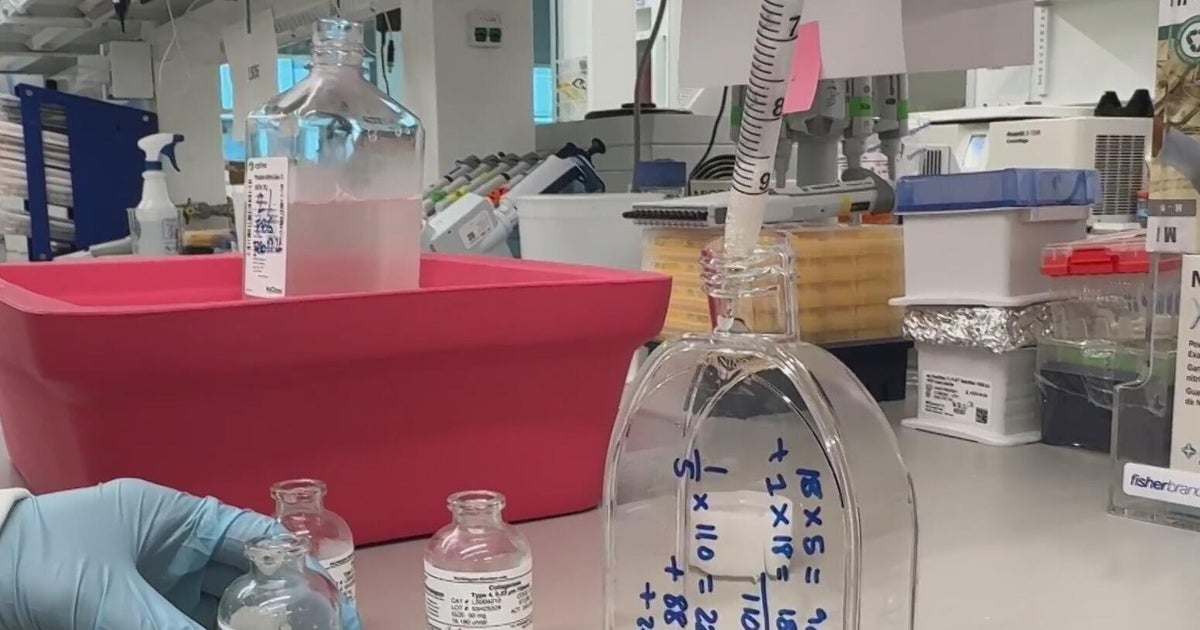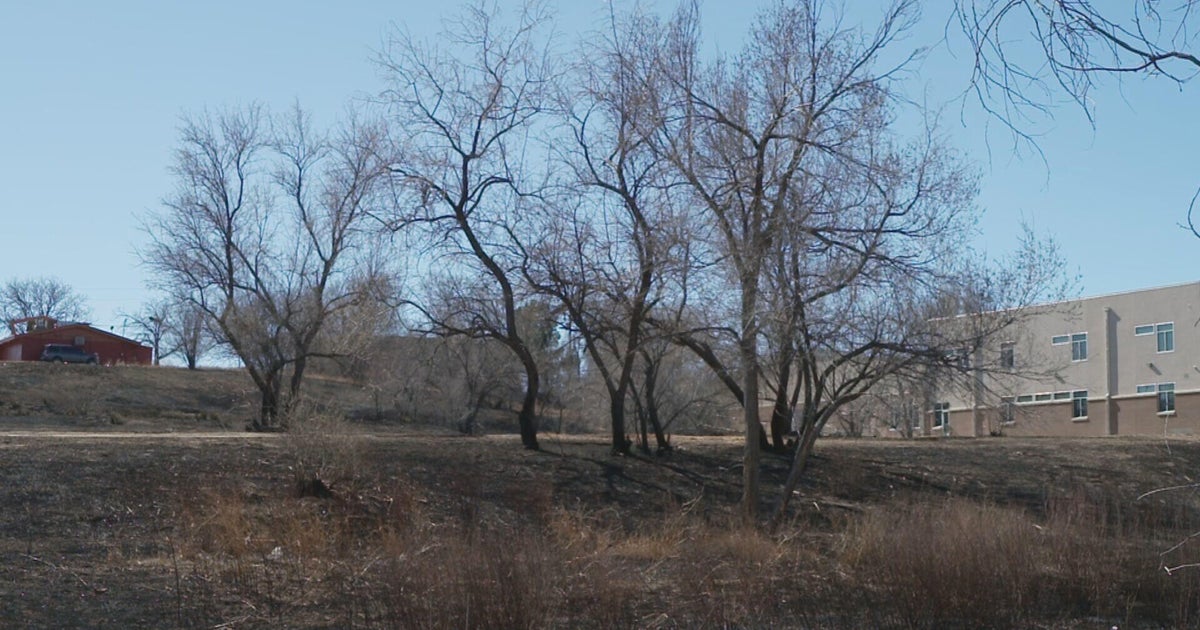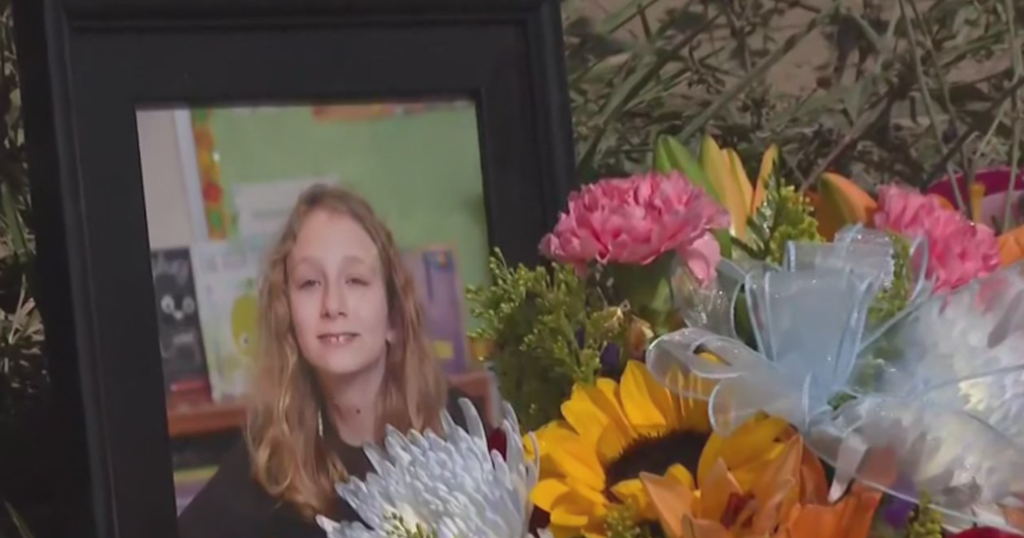UCSF Researchers Help Paralyzed Man Translate Thoughts to Text
SAN FRANCISCO (KPIX) -- Most of us take for granted how easy it is to speak our thoughts and feelings. Now UCSF researchers have news of a major medical milestone for those who have lost that ability due to illness, disease or an accident.
A man whose case is the subject of the breakthrough wishes to remain anonymous and goes by the nickname "Pancho." What he and the Bay Area medical center accomplished speaks volumes.
"For us of course it was thrilling," said UCSF neurosurgeon Dr. Edward Chang.
Eighteen years ago, Pancho was paralyzed by a severe stroke -- known as a brain stem stroke -- after a car crash.
"When he had that stroke and woke up from that accident, he couldn't move his arms or legs and he couldn't talk anymore," Dr. Chang said.
Chang and a post-doctoral engineer named David Moses were part of the team that then changed Pancho's life.
"He was the first participant in this new trial that we created called the BRAVO trial," Dr. Chang said.
Three years ago, the scientists implanted a thin sheet of electrodes over a special area of Pancho's brain.
"It was placed on a part of the brain that controls our ability to speak and what I mean by that are the areas that control the muscles that move the lips, the jaw, the tongue, the larynx," Dr. Chang explained.
Then, researchers recorded his brain waves as Pancho tried to flex his paralyzed vocal muscles.
He attempted to say individual words from a select 50-word vocabulary. The next step was translating those brain signals into words. That mean the recordings would teach the system. It involved deep-learning algorithms, artificial intelligence and computer language models.
When Pancho is asked a question, he flexes his vocal muscles which create brain waves that are then decoded by the system. The system translates at a rate of up to 18 words per minute. Pancho is wired in to the system but the scientists are working on a wireless version.
The accuracy rate is high thanks to an "auto-correct" function.
This system has potential for others who have similar brain issues such as amyotrophic lateral sclerosis or ALS.
The report about Pancho's clinical trial was published in this week's New England Journal of Medicine.
WEBLINKS:







